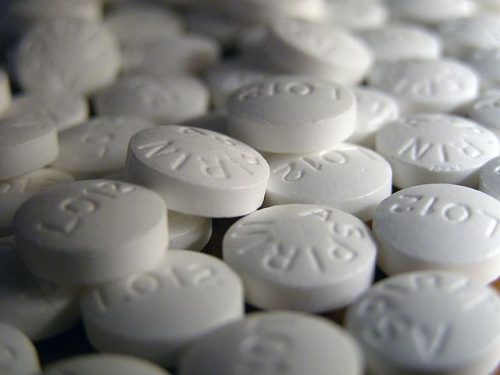Regular doses of aspirin can cut the risk of pancreatic cancer in half, according to a recent study headed by Dr. Harvey A. Risch of the Yale School of Public Health. The study includes information gathered from a population in Shanghai, China, as well as a comprehensive data analysis of 18 previous aspirin studies. This includes one of Risch’s own from a decade ago, which was the first to spot aspirin’s novel beneficial role in cancer prevention. The latest study confirms a striking correlation between continuous daily use of aspirin and a decreased incidence of pancreatic cancer.
Pancreatic cancer is an extremely lethal disease with minimal screening capability. The fact that this research suggests a common household drug could effectively prevent this disease is groundbreaking.
So, should everyone begin the morning with a cup of coffee and an aspirin?
Not exactly. The results of the correlation study are favorable, but the incidence of pancreatic cancer is extremely rare, with a lifetime risk of 1-2%. In this case, the risks of taking aspirin do not outweigh its benefits.
“The reason we’re not putting [aspirin] into lollipops is because the risk for GI or brain bleed—or any bleeding—is not zero,” Risch said.
Currently, regular use of low-dose aspirin is only recommended for prevention of cardiovascular disease and colorectal cancer in high-risk groups.
These new results suggest preventative use of aspirin for pancreatic could be approached the same way. “If you have an extensive family history of pancreatic or colorectal cancer, you should seek medical counseling about taking aspirin,” said Risch.
Preventive use of aspirin is not intended for everyone. Balancing the seesaw of risks and benefits is important. Nevertheless people currently following this regimen can now happily tack on the added benefit of preventing pancreatic cancer.

